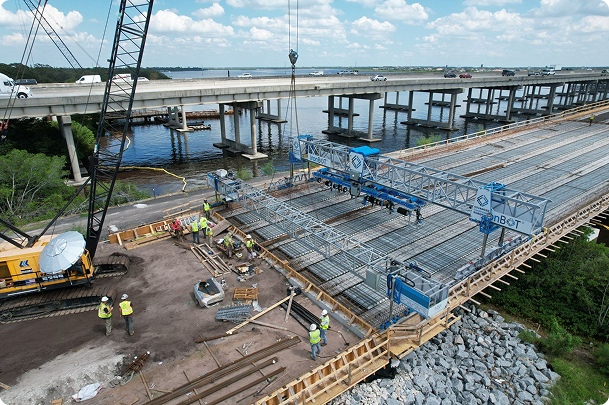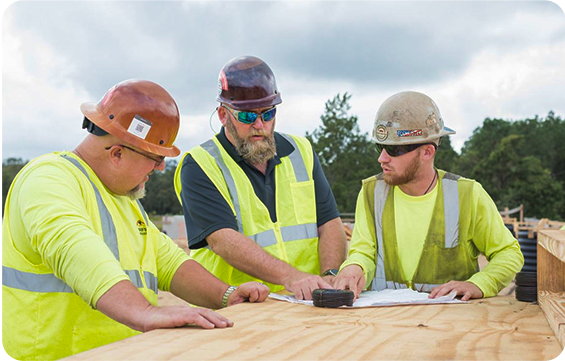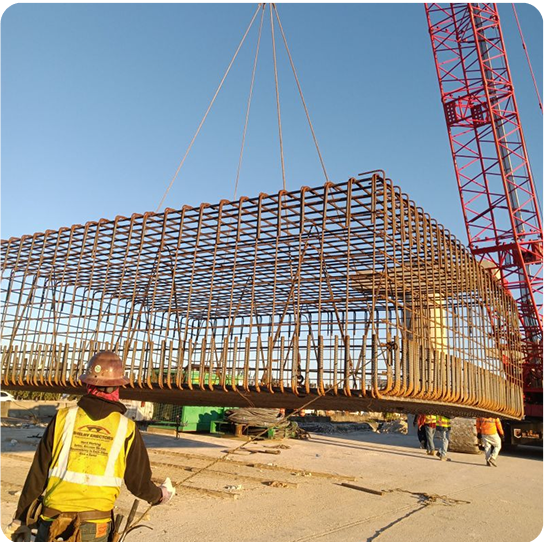
A New Safety Paradigm: Rebar and Real-Time Insight
With more than 40 years in construction and a legacy built from the field up, Nix is using CompScience’s cutting-edge technology to help Shelby Erectors meet the challenges of a new era: one where safety is non-negotiable, accountability is instant, and AI helps the company continue its deep-rooted culture of pride, grit, and responsibility.



Tradition Meets Transformation
Shelby Erectors, founded in 1997 by Jennifer Nix, is a family-owned and operated bridge construction company specializing in rebar and decking. With a field-proven team of over 100 workers, the company has built a reputation for precision and professionalism.
Legacy safety models weren’t built for fast-moving, multi-site crews, Jack Nix believes. Shelby Erectors needed a sophisticated system that would scale with their growth and help them uphold their zero-compromise approach to workplace safety.

Results Metrics
According to Nix, in a high-risk industry, authentic leadership shows up in the details: like involving the crew in modern tech safety initiatives and enforcing standards with clarity and consistency.
“We’re not leading just by our words, but by our actions and what we’re willing to do around safety,” says Nix. “You tell people upfront what it’s going to be, and then you follow through. At first, they might push back, but eventually, they realize—this company actually gives a damn.”
561
Safety alerts reviewed across up to four active sites
500,000+
work hours without a recordable injury
Reduced reliance on site-based safety officers, with one safety manager now overseeing all crews
Real-time video serves as a positive accountability and training tool
Buy-in from field supervisors through collaborative rollout and regular camera rotations
